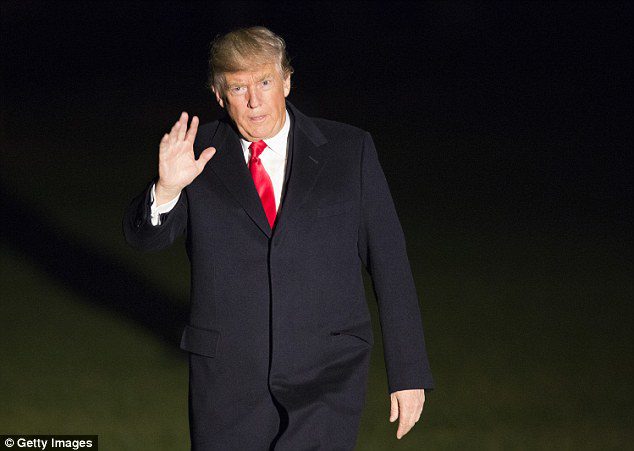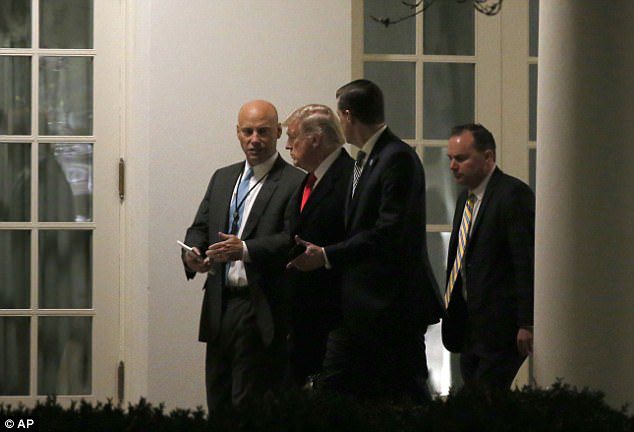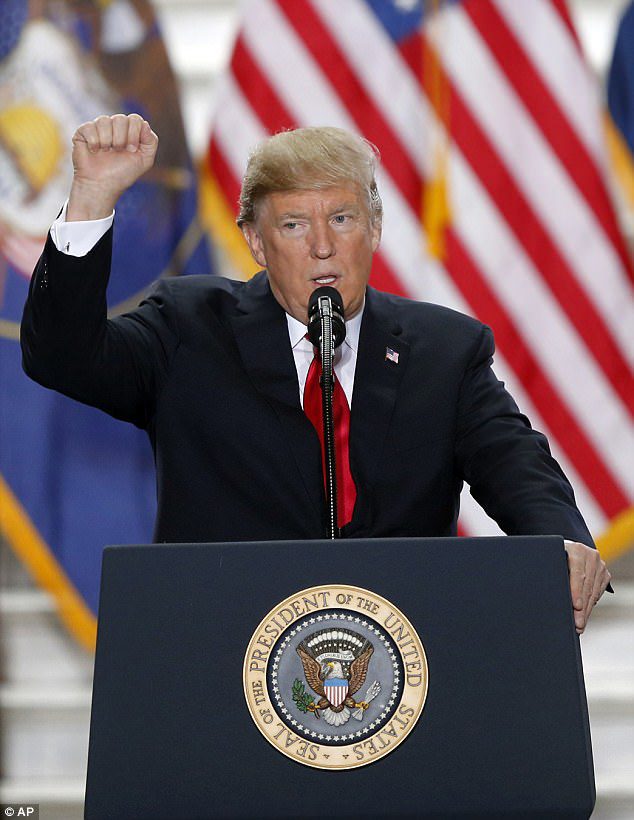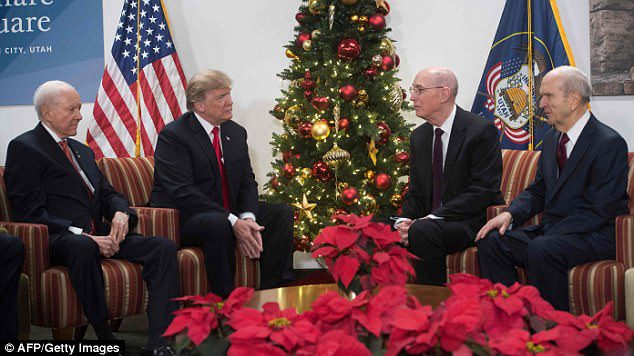On Monday, the U.S. Supreme Court handed a victory to President Donald Trump by allowing his latest travel ban. The ban targets people from six Muslim-majority countries will go into full effect despite the legal challenges continue in lower courts.
With two of the nine justices dissenting, the court granted his administration’s request to lift two injunctions imposed by lower courts that had partially blocked the ban. This is the third version of a contentious policy that Trump first sought to implement just a week after taking office. The ruling is an indication that the Trump administration’s third travel ban could be able to stand.
The justices said Monday that the policy could take full effect even as legal challenges against it make their way through the courts.
In the meantime, Trump arrived back to Washington after a trip to Utah to announce his plan to shrink the Bears Ears and Grand Staircase-Escalante national monuments in the southwestern state.

Donald Trump is pictured returning to the White House late Monday night after arriving on Marine One from Utah, where he announced his plan to shrink the Bears Ears and Grand Staircase-Escalante national monuments

Trump walks with Marc Short, the White House director for legislative affairs, and Republican Senator Mike Lee of Utah after his return

Trump is pictured disembarking from Marine One after arriving at the White House

Victory: The Supreme Court justice handed the president a significant victory on Monday
The countries the ban applies to are travelers from Chad, Iran, Libya, Somalia, Syria, and Yemen. The lower courts have said people from those nations with a claim of a “bona fide” relationship to someone in the United States could not be kept out of the country. Grandparents, cousins, and other relatives were among those the courts said could not be excluded.

President Donald Trump, alongside US Senator Orrin Hatch (L), Republican of Utah, meets with LDS President Henry B. Eyring (2nd R) and Russel Nelson (R), President of the Quorum of the Twelve Apostles, both of the Church of Jesus Christ of Latter-Day Saints, at LDS Welfare Square in Salt Lake City, Utah, December 4, 2017. His administration’s immigration order targets six Muslim-majority nations
The two Justices Ruth Bader Ginsburg and Sonia Sotomayor would have left the lower court orders in place.
The San Francisco-based 9th U.S. Circuit Court of Appeals and the 4th U.S. Circuit Court of Appeals in Richmond, Virginia, this week will be holding arguments on the legality of the ban.
The Supreme Court noted it expects those courts to reach decisions “with appropriate dispatch” while both courts are dealing with the issue on an accelerated basis.
The Supreme Court expects to hear and decide the issue by June should a quick resolution by appellate courts allow. The lower courts had blocked implementation pending judicial review.
The ban blocks visitors and migrants from Chad, Iran, Libya, Somalia, Syria, Yemen, and North Korea, however, the government doesn’t expect to get visitors from highly secluded North Korea.
The administration was granted latitude to deny entry to immigrants from the Muslim-majority nation, but not to those with family here or a ‘credible claim of a bona fide relationship with person or entity in the United States,’ under a June Supreme Court ruling.
The victory follows earlier struggles for the administration’s legal team, which saw lower courts delay the implementation of the second version of the ban. The administration cited the president’s broad authority to control immigration and national security.
Pending legal challenges, the federal court judges in Maryland and Hawaii had blocked portions of the ban in October.
If you know someone who might like this, please click “Share!”
